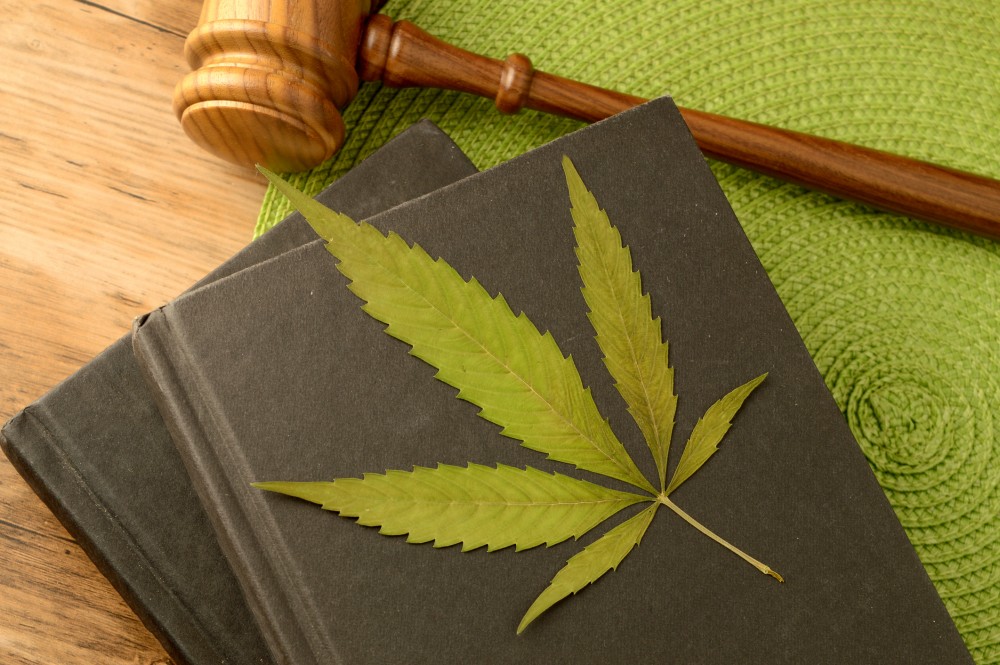Maryland Supreme Court Sidesteps Hemp THC Case
The Maryland Supreme Court has decided against reviewing a case that challenges a provision of the state’s adult-use cannabis legislation, effectively allowing the continued sale of hemp-derived THC products by unlicensed retailers across the state. This decision follows a lawsuit initiated by the Maryland Hemp Coalition and other hemp-related businesses against a specific prohibition within Maryland’s Cannabis Reform Act.
The Act, which was shaped following the approval of an adult-use cannabis legalization measure by Maryland voters in November 2022, outlines a comprehensive regulatory and licensing framework for cannabis sales within the state. Specifically, it restricts unlicensed businesses from selling hemp-derived products containing more than 0.5 milligrams of THC per serving or 2.5 milligrams per package, encompassing both delta-8 and delta-9 THC variants. This provision aimed to confine the sale of THC products to licensed medical cannabis operators, which commenced commercial adult-use sales in July.
The lawsuit, filed in July against Governor Wes Moore, the Maryland Cannabis Administration (MCA), and the Maryland Alcohol, Tobacco, and Cannabis Administration, argued that these restrictions unfairly excluded unlicensed hemp businesses from the cannabis market, infringing upon the state Constitution’s equal protection and anti-monopoly clauses. The plaintiffs contended that the law unjustly compelled them to either acquire a cannabis business license, subject to specific eligibility requirements, or cease selling products now deemed illegal under the new regulation.
In October, Washington County Circuit Court Judge Brett R. Wilson granted a preliminary injunction, temporarily halting the enforcement of the contested provisions. Judge Wilson highlighted that these restrictions would cause “irreparable harm” to the plaintiffs, potentially forcing businesses to shutter or lose substantial revenue.
The state’s subsequent request for a “bypass review” by the Supreme Court, aimed at expediting the legal process due to the purported public health risks associated with unregulated intoxicating hemp products, was declined. This leaves the door open for the ongoing sale of these products while the state’s appeal proceeds in the Maryland Appellate Court.
A spokesperson for the Maryland Attorney General’s office has indicated that the state is currently evaluating the Supreme Court’s decision and considering its options moving forward. The outcome of this legal battle holds significant implications for Maryland’s cannabis industry, balancing regulatory oversight with market inclusivity for hemp-derived THC products.



































